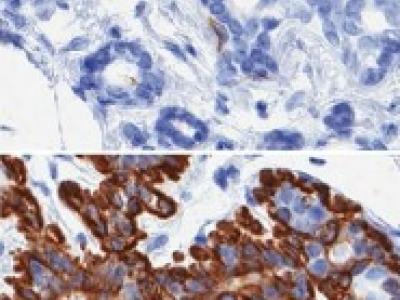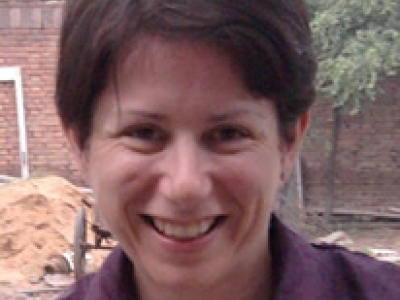Stealth behavior allows cockroaches to seemingly vanish
Cockroaches, known for their stealth behavior, have a strategy up their sleeve only recently discovered by UC Berkeley biologists. They are able to quickly disappear under ledges by flinging themselves off at full speed, grabbing the edge with hook-like claws on their hind legs, and swinging like a pendulum to land upside-down underneath.









